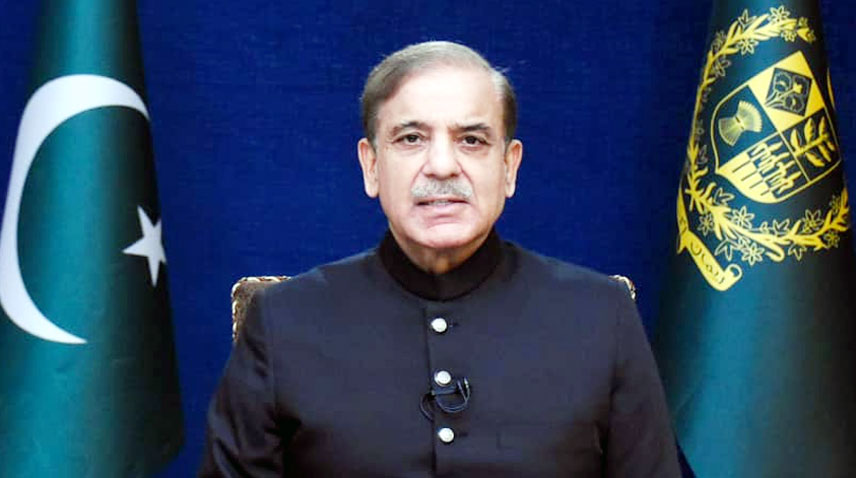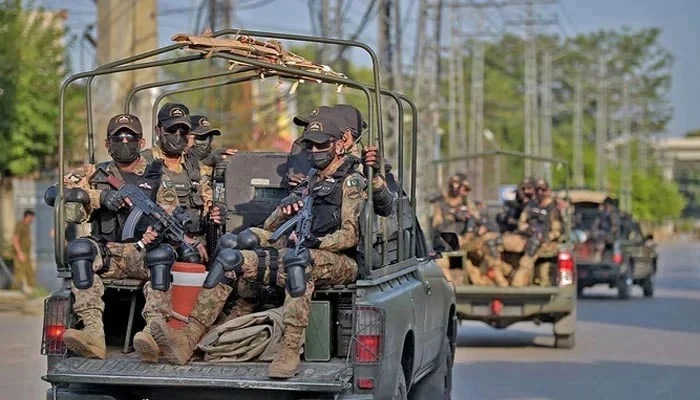The topic of petrol prices has been a hot discussion ever since rates almost doubled two years ago. Last week’s budget hints that petrol prices might reach Rs. 350 per liter in the next fiscal year.
A former Power Division official, now in the private sector, told ProPakistani that a phased Rs. 20 per liter increase in petroleum levy on MS, along with the re-introduction of a 5% sales tax and grim forecasts for international market rates, could push domestic prices above Rs. 300 to as high as Rs. 350 per liter.
Currently, petrol costs Rs. 258.16 per liter. Applying a 5% sales tax increases this to Rs. 271.07. With an additional 12-15% inflation increase, the price could reach Rs. 311-314. If crude oil prices rise to $90-100 per barrel, additional import costs could push the price to around Rs. 330. Adding the phased Rs. 20 levy (Rs. 5 per fortnight at least) makes a petrol price of Rs. 350 per liter highly likely. “Given current trends, we don’t expect a decrease in oil demand soon. Demand will rise, and so will prices. The geopolitical risk premium could add $5-10 per barrel due to conflicts in the Red Sea and Middle Eastern markets reducing OPEC+ supply because of the situation in Palestine. Crude oil could hit at least $90 per barrel,” the former official stated.
READ MORE: FBR Establishes Committees to Correct Errors in Finance Bill 2024
Last week, the Shehbaz Sharif-led coalition proposed in the Finance Bill 2024 to increase the maximum petroleum levy on petrol and high-speed diesel to Rs. 80 per liter. Meanwhile, international crude prices have stayed steady at $81-82 per barrel.
“When Brent first went above $90 per barrel in 2023, petrol in Pakistan was sold at Rs. 323 per liter. Given inflation, rising demand, and the government’s new budgetary measures to generate more revenue from the petroleum industry, such rates are likely to return,” he added.
The State Bank of Pakistan (SBP), in its last Monetary Policy meeting on June 10, noted some upside risks to near-term inflation due to the 2024-25 budgetary measures and uncertainty about future energy price adjustments. “The MPC foresees a significant risk of inflation rising in July 2024 from current levels before gradually decreasing during FY25,” the bank said in a statement last week.
In April 2024, the World Bank warned that oil prices could rise above $100 per barrel, exacerbating global inflation if the Middle East situation worsened. “A moderate conflict-related supply disruption could raise the average Brent price this year to $92 per barrel. A more severe disruption could see oil prices surpass $100 per barrel, increasing global inflation in 2024 by nearly one percentage point,” it said. Some analysts have lowered their expectations regarding the extent and speed of SBP interest rate cuts this year due to persistent inflation.
In the analyst’s view, barring any significant global geopolitical disturbances, the outlook for oil markets in the coming months remains bleak. From the perspective of crude market prices, the new fiscal year for Pakistan is likely to reflect the previous year’s trends.





